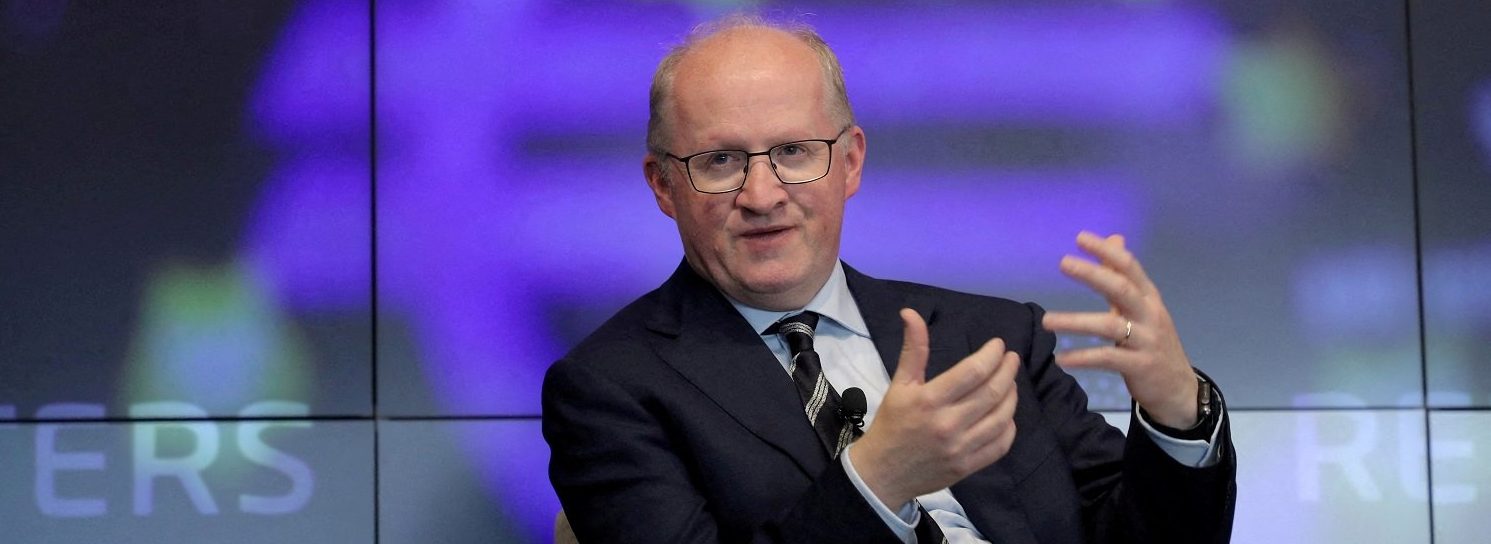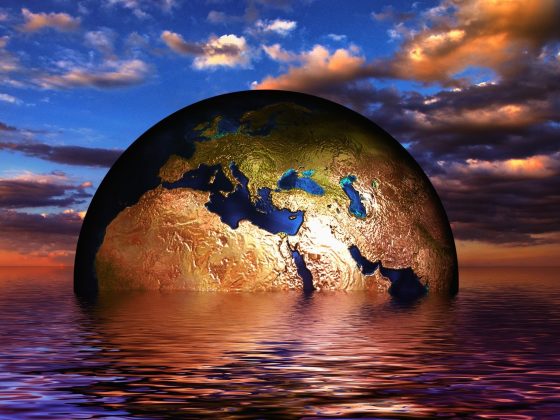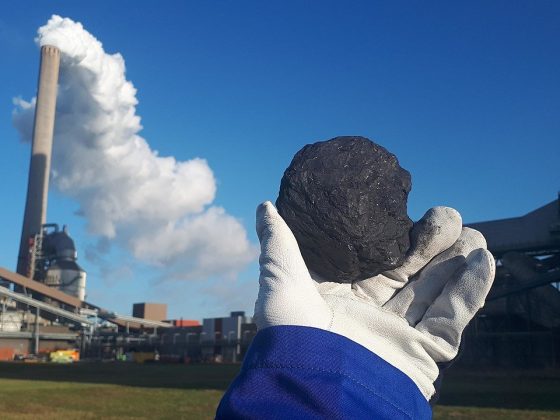An economist shared with me that there is a saying about economists, that they tell you tomorrow what happened yesterday.
With the world drowning in a whirlpool of financial and economic crises, we need economists who can tell us not only what happened, but what will happen down the line, and most importantly, what to do about it. Economists who show off their fancy charts spread across multiple displays, who talk about models without telling us what specifically we should do to stop the global economic avalanche, are worthless. We do not need them.
Economists get a lot of prime time exposure, which they use in order to tell us what is happening. But we don’t need them to tell us what is happening because it is happening to us. We need them to tell us what to do, and this is where they all grow silent.
It is like having an expert in microeconomics telling me how to run my house. I trust that economist, but I suddenly find that I cannot buy this food or that appliance, or I cannot pay for my kids’ afterschool classes. How would I relate to such an “economist”?
“The purpose of economics is to anticipate what might happen and, equally important, how to prepare for it. Clearly, there are unpredictable events. However, these pundits should include preparations for the unpredictable in their models and advise policymakers how to prepare for them. That way, when a downturn comes, we will not be left helpless and hapless as we are now.”
This is what is happening to us at the macro level. Instead of looking for a hole deep enough to hide in, economists condescendingly lecture us mere mortals about why there is no baby formula on supermarket shelves, why inflation is skyrocketing, and why gasoline costs more than $5 a gallon. (In Israel, by the way, it is twice as expensive as in the US.)
The purpose of economics is to anticipate what might happen and, equally important, how to prepare for it. Clearly, there are unpredictable events. However, these pundits should include preparations for the unpredictable in their models and advise policymakers how to prepare for them. That way, when a downturn comes, we will not be left helpless and hapless as we are now.
Economists must draw the line, set the boundaries, and warn which moves humanity cannot afford to take because of their consequences. When economists prove that they can create models that guarantee the stability of humanity, or at least the stability of a country, they should step off the counselor seat and join the ranks of policymakers.
“If economists felt responsible for what is happening and regretted not warning us in time, they could be excused. But if they remain in the commentator’s seat and do not feel responsible for the well-being of the world, then there is no point in having them at all.”
As such, they will be very powerful because they will be able to influence us through our most sensitive spot: our stomach. If a reliable economist warns that tomorrow we will run out of grain or water, everyone will listen. If all they do is print thick reports on glossy paper, they are not worth the price of the paper their reports are written on.
I can count my money in the bank, assuming I have any; I don’t need economists for that. I do, however, need them to tell me where the world is going out of balance and what to do about it because this will influence my bank account in the future.
If economists felt responsible for what is happening and regretted not warning us in time, they could be excused. But if they remain in the commentator’s seat and do not feel responsible for the well-being of the world, then there is no point in having them at all.











